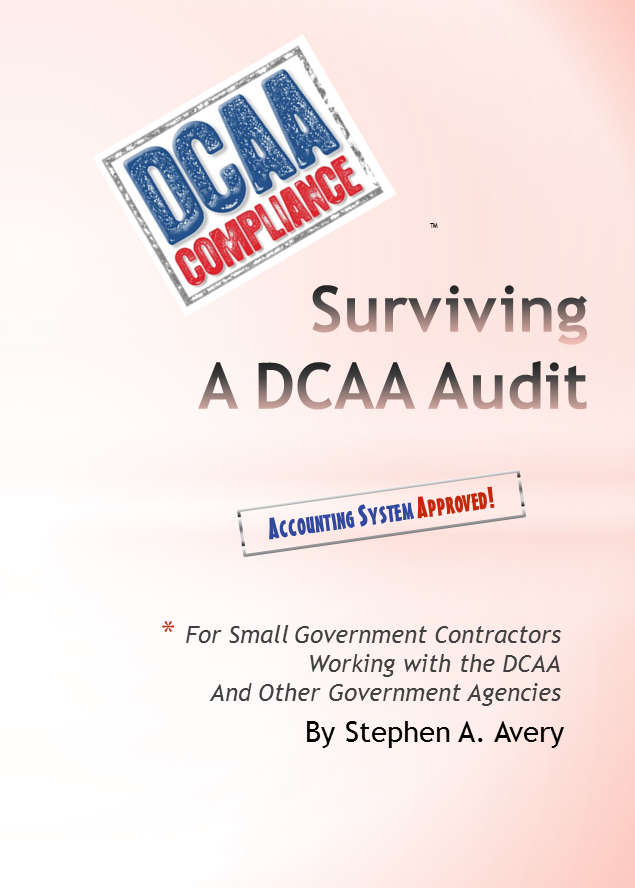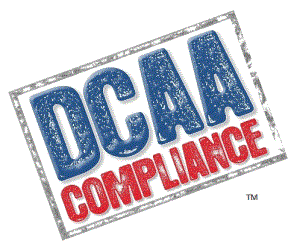Another common trait I noticed over the years, is the bad habit of some DCAA auditors to equate business reasonableness with government employment. The thinking goes like this: If they are not allowed to spend tax dollars on a holiday party then neither should the contractor. If the government’s own polices and procedures do not allow for it then neither should the contractor’s.
This thinking is flawed on a couple of levels. First, this philosophy could be easily adopted as regulatory policy by the government and it has not.
Second, a logical extension of this thinking leads one to wonder if contractors were to function identically to government employees why have contractors? Theoretically, the government employs contractors to do what it cannot do either effectively, quickly, or practically. Sometimes this means the government does not call on contractors to make the same “sacrifices” that government employees make Just as we do not call on civilian members of DOD to make the same sacrifices service members are called on to make (AWOL is a not a civilian crime).
Comparing government practices to commercial practices is tricky. A DCAA auditor calling a contractor PTO benefit unreasonable because it is more generous than then his own PTO package should remember that the vast majority of small business contractors would kill for his benefit package, to include a defined pension plan.
A recent government Congressional Budget Office study support this finding: “We found that the average cost of benefits was about 72 percent higher for federal employees than for their private-sector counterparts among workers with no more than a high school education, was about 46 percent higher in the federal sector among workers with a bachelor’s degree, and was about the same in the two sectors among workers with a professional degree or Ph.D. Overall, federal benefits were about 48 percent higher, on average, than the benefits received by measurably similar private-sector workers.” (Comparing Benefits and Total Compensation in the Federal Government and the Private Sector” January 2012 Working Paper Series Congressional Budget Office Washington, D.C. https://www.cbo.gov/sites/default/files/cbofiles/attachments/2012-04FedBenefitsWP_0.pdf)
Excerpt from Surviving a DCAA Audit: The Accounting System. Available later this week on Amazon.

